Navigating Stress During Diwali Celebrations
As the air fills with the sound of firecrackers, the aroma of sweet treats wafts through homes, and colourful lights twinkle everywhere, one can’t help but feel the excitement of Diwali. This festival of lights is a time for celebration, unity, and joy. However, for many, it can also be a source of anxiety and stress. Between the pressure of preparing elaborate feasts, buying gifts, and hosting parties, the festive season can sometimes feel more overwhelming than wonderful.
The Pressure Cooker of Festivity
Diwali, like many other festivals, brings with it a set of expectations. Families may feel the need to decorate their homes to perfection, create a banquet of traditional dishes, and ensure that every celebration is Instagram-worthy. But the high standards can lead to heightened stress levels.
Research indicates that festive seasons often correlate with increased anxiety, with many feelings overwhelmed by the pressure to meet societal expectations (Mason et al., 2021). In fact, the sheer volume of preparations and gatherings can evoke feelings of inadequacy and fatigue, causing people to dread the very celebrations they once looked forward to.
Moreover, for some, Diwali can trigger feelings of loneliness or sadness, especially if they’re away from family or have experienced recent losses. This contrast between the festive atmosphere and personal struggles can lead to a unique form of holiday anxiety, often referred to as “festive blues” (Gonzalez & Reyes, 2022).
Techniques to Cope with Anxiety During Diwali
While it’s easy to become bogged down by the pressures of the season, there are numerous strategies to manage anxiety and truly embrace the joy of Diwali. Here are some fun and effective techniques to keep your spirits bright!
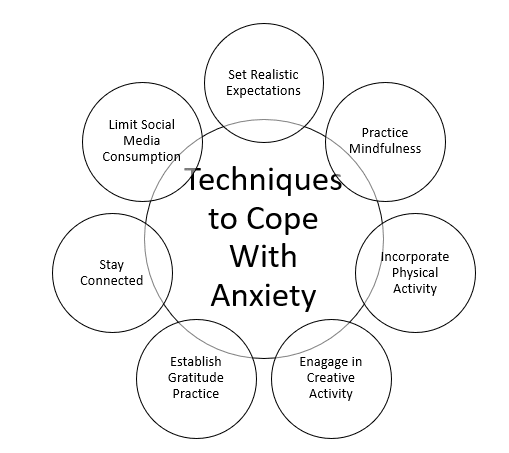
1. Set Realistic Expectations
It’s okay to aim for good, not perfection. Instead of planning an elaborate multi-course meal, why not host a potluck where everyone brings their favourite dish? This not only lightens the load but also encourages bonding through shared culinary experiences. According to a study by Smith et al. (2023), shared meal experiences can significantly enhance social bonds and reduce anxiety.
Remember
- Don’t aim for perfection; keep it simple and manageable.
- Try a potluck instead of preparing everything yourself.
2. Practice Mindfulness and Meditation
Amidst the hustle and bustle, carving out time for mindfulness can work wonders. Even a few minutes of deep breathing or meditation can help centre your thoughts. Apps like Headspace or Calm offer quick sessions that fit perfectly into a busy schedule. Research has shown that mindfulness practices can reduce anxiety and improve overall well-being (Kabat-Zinn, 2018).
Remember
- Spend a few minutes daily on deep breathing or meditation.
- Use mindfulness apps like Headspace or Calm.
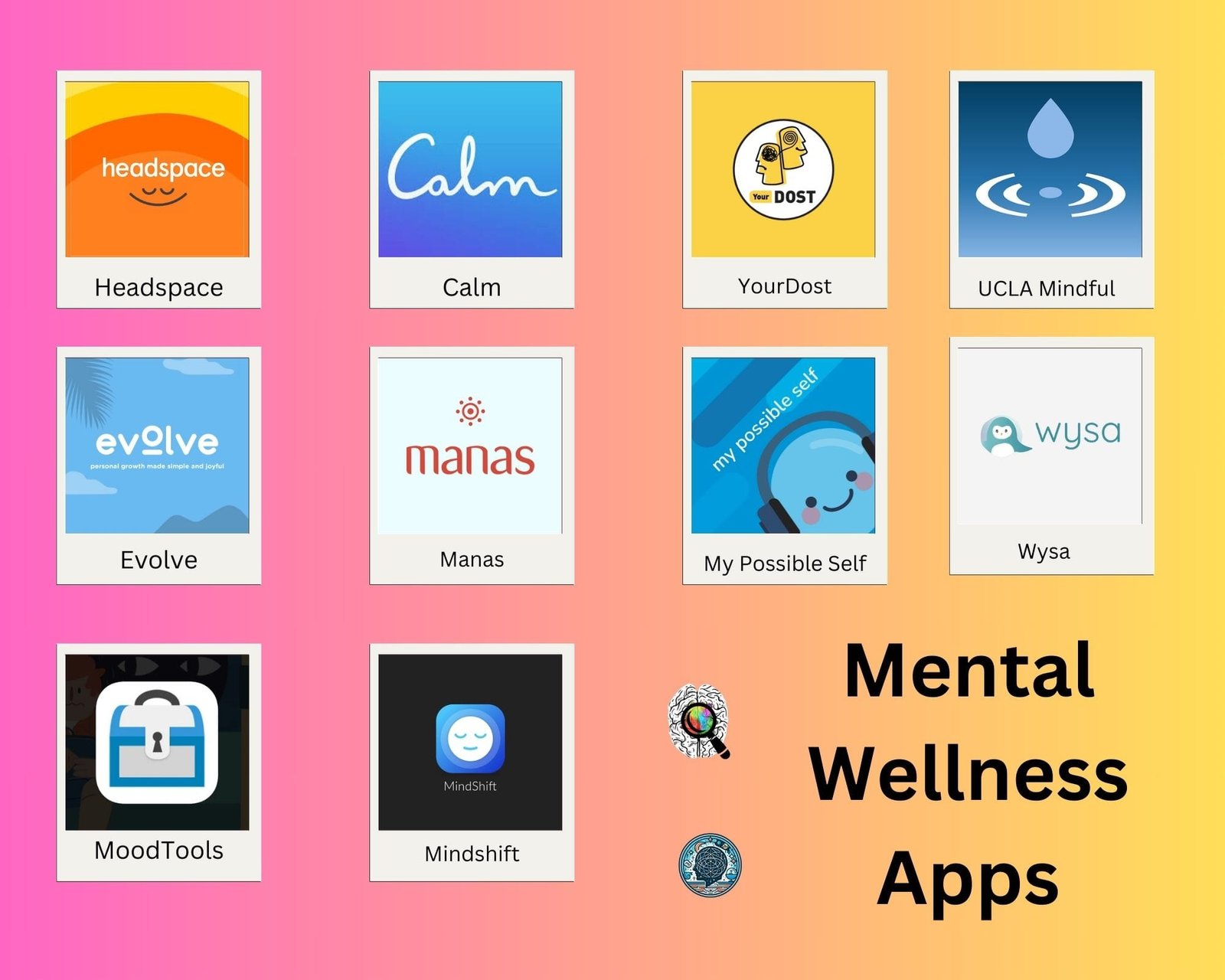
Links of above apps
- Headspace
- Calm
- YourDost
- UCLA Mindful
- Evolve
- Manas
- My Possible Self
- Wysa
- MoodTool
- Mindshift
Read More- Mindfulness
3. Incorporate Physical Activity
Whether it’s dancing to your favourite festive tunes, joining a group yoga class, or even taking a brisk walk while enjoying the Diwali lights, moving your body releases endorphins, which are natural mood lifters. A study by Johnson et al. (2020) highlighted that regular physical activity can significantly alleviate anxiety symptoms and improve mood.
Remember
- Dance, do yoga, or take a walk to relieve stress.
- Physical activity boosts mood with feel-good endorphins.
Read More- Mindfulness
4. Engage in Creative Activities
Unleash your inner artist! Whether it’s creating diyas, making rangoli designs, or crafting homemade decorations, getting creative can serve as a fantastic stress reliever. Studies suggest that creative activities can improve mood and reduce anxiety levels (Galloway, 2019). Plus, you’ll have unique decorations that add a personal touch to your celebrations!
Remember
- Create diyas, rangoli, or homemade decorations.
- Being creative reduces anxiety and boosts mood.
Read More- Creativity Journal
5. Establish a Gratitude Practice
Take a moment each day to reflect on the positives in your life. Whether it’s jotting down three things you’re grateful for in a journal or sharing them with loved ones at dinner, focusing on gratitude can shift your mindset from stress to appreciation. Research shows that gratitude practices can enhance emotional well-being and reduce anxiety (Emmons & McCullough, 2003).
Remember
- Write down or share three things you’re grateful for each day.
- Focusing on the positives shifts your mindset away from stress.
Read More- Gratitude Journal
6. Stay Connected
Don’t hesitate to reach out to friends and family, whether it’s a quick phone call or a virtual gathering. Sharing your thoughts and feelings can alleviate the weight of anxiety. According to a study by Cohen and Wills (1985), social support plays a crucial role in mitigating stress and enhancing emotional resilience.
Remember
- Call or meet friends and family, even virtually.
- Sharing your feelings helps reduce anxiety.
7. Limit Social Media Consumption
While it’s tempting to scroll through perfectly curated Diwali posts, it can often lead to feelings of inadequacy. Consider taking a break from social media to enjoy the moment without the pressure of comparison. Studies suggest that reduced social media usage can lead to lower anxiety levels and improve overall mental health (Twenge & Campbell, 2019).
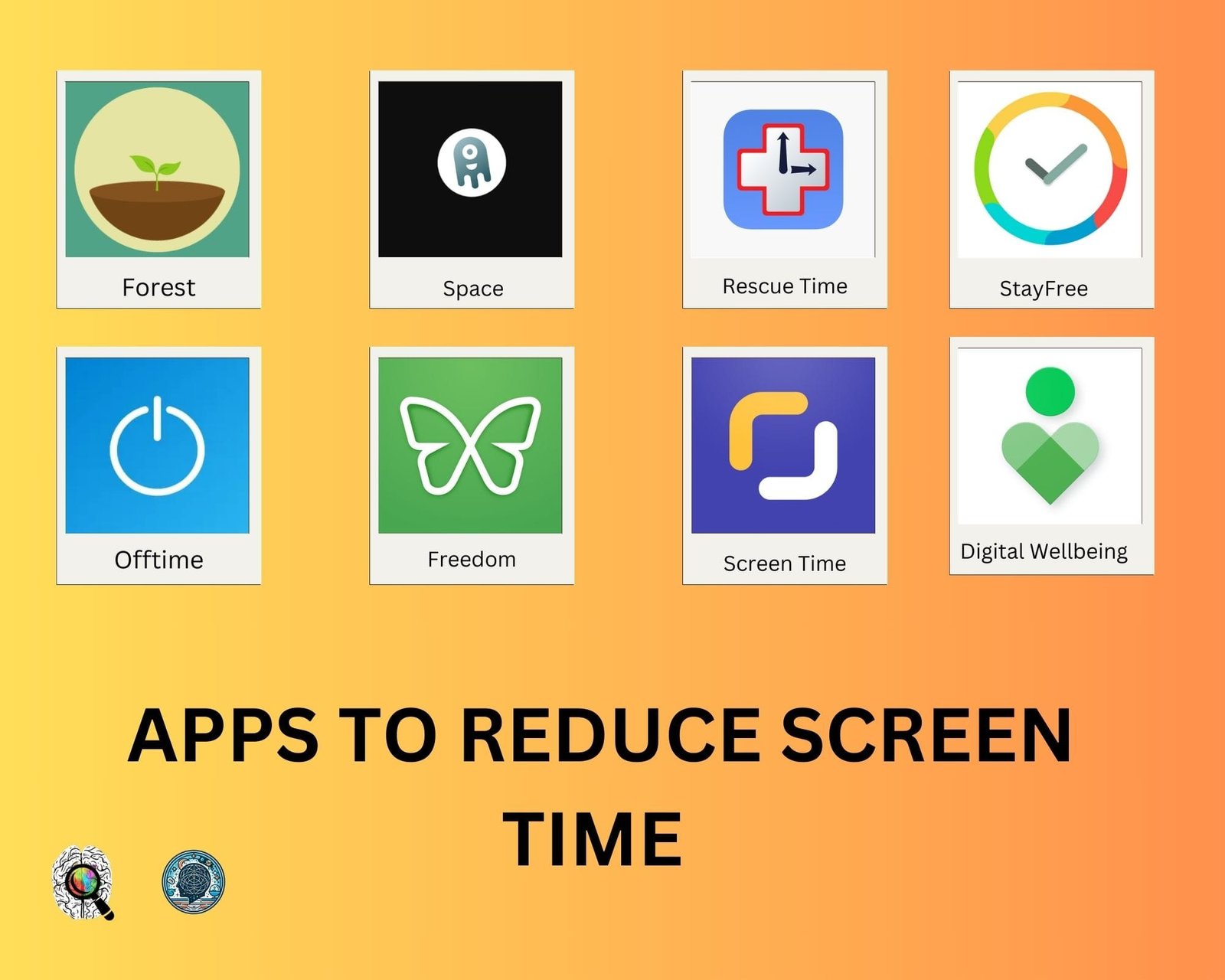
Remember
- Avoid comparing yourself to perfect online posts.
- Taking a social media break can lower anxiety.
Embrace the Light
Diwali should be a time of joy, connection, and reflection. While anxiety may try to creep in amidst the celebrations, remember that you have the power to manage it. By incorporating these fun coping strategies, you can navigate the festivities with a light heart and a peaceful mind. After all, the true essence of Diwali lies not in extravagant celebrations but in the warmth of relationships and the joy of togetherness.
So, let the lights shine bright, the laughter ring loud, and your heart feel light this Diwali!
References
Cohen, S., & Wills, T. A. (1985). Stress, social support, and the buffering hypothesis. Psychological Bulletin, 98(2), 310-357.
Emmons, R. A., & McCullough, M. E. (2003). Counting blessings versus burdens: An experimental investigation of gratitude and subjective well-being in daily life. Journal of Personality and Social Psychology, 84(2), 377-389.
Galloway, R. (2019). The therapeutic benefits of creativity: A study of art therapy and mental health. Art Therapy Journal, 36(4), 123-130.
Gonzalez, M. C., & Reyes, J. A. (2022). Understanding festive blues: The psychological impact of holiday seasons. Journal of Social Psychology, 42(1), 19-34.
Johnson, S. D., et al. (2020). The effects of physical activity on mental health: A comprehensive review. Mental Health and Physical Activity, 18, 100-110.
Kabat-Zinn, J. (2018). Mindfulness for Beginners: Reclaiming the Present Moment—and Your Life. Sounds True.
Mason, A. E., et al. (2021). Stress and anxiety during the festive season: A review. Journal of Health Psychology, 26(8), 1003-1014.
Twenge, J. M., & Campbell, W. K. (2019). The age of anxiety: How social media is contributing to the rise of anxiety in the digital age. American Psychological Association.
Smith, L. B., et al. (2023). The benefits of communal dining: Enhancing social connections and reducing stress. International Journal of Behavioural Nutrition and Physical Activity, 20(1), 1-15.
Subscribe to PsychUniverse
Get the latest updates and insights.
Join 3,041 other subscribers!
Niwlikar, B. A. (2024, November 3). Festivals & Anxiety- 7 Easy Ways to Deal With It. PsychUniverse. https://psychuniverse.com/festivals-anxiety/


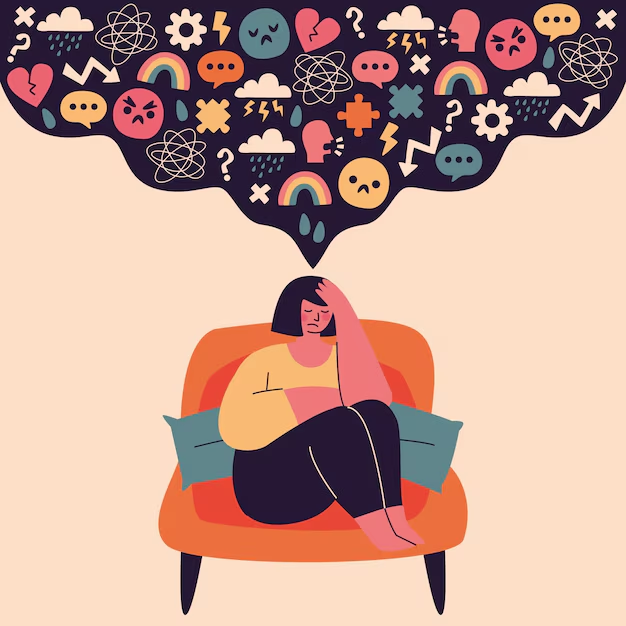
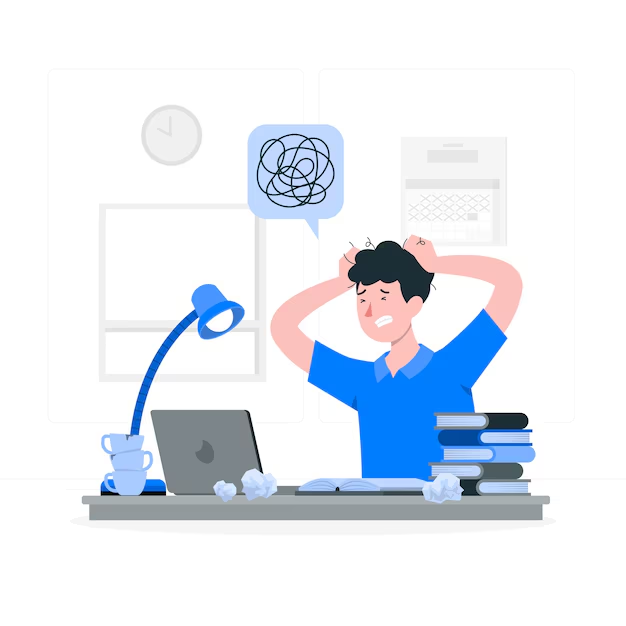
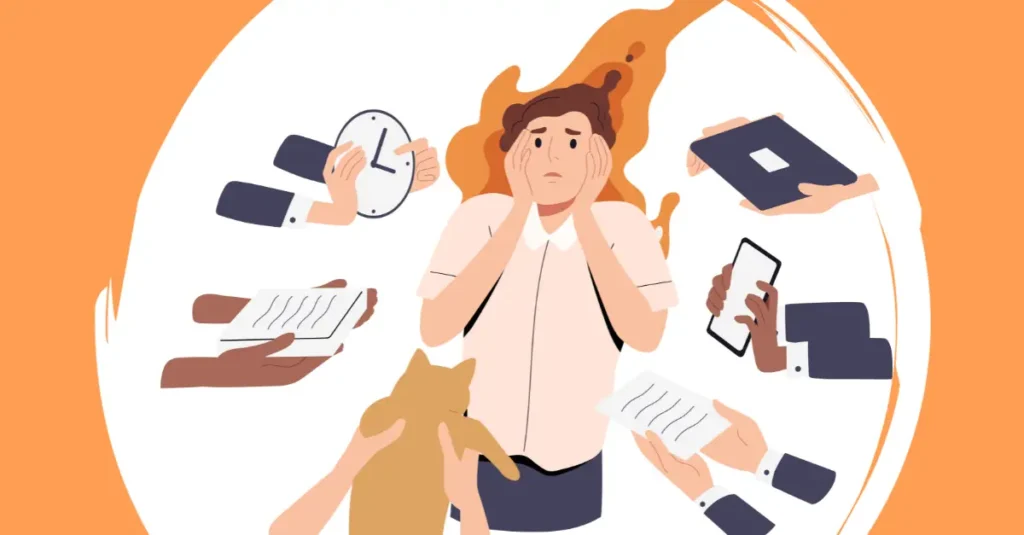
Pingback: Mindful Diwali Celebrations and 5 Important Ways to Shine the Light Within - PsychUniverse